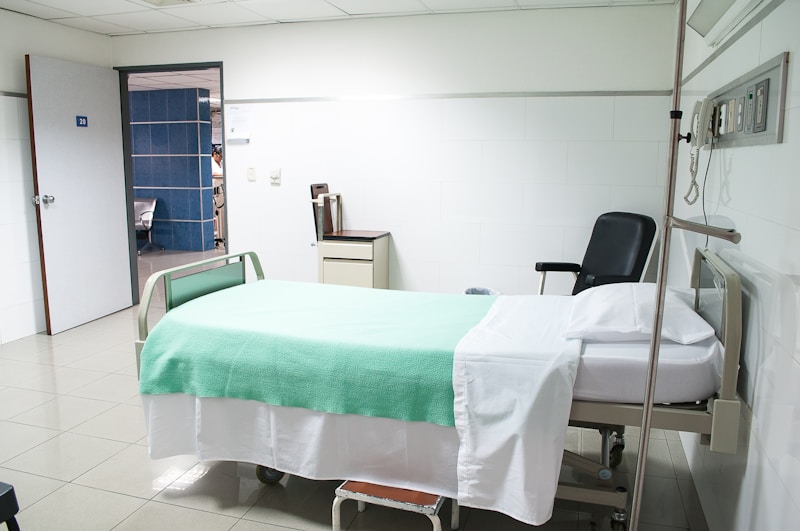
In today's fast-paced world, it's easy to get caught up in the hustle and bustle of daily life and neglect our own well-being. However, taking care of our mental and physical health is crucial for overall happiness and success. In this article, we'll explore the basics of self-care and how to prioritize it in our lives.
Self-care is the practice of taking deliberate actions to improve our physical, mental, and emotional well-being. It involves making choices that promote our health and happiness, and can include activities such as exercise, healthy eating, relaxation, and self-reflection.
Many of us may view self-care as a luxury or something we can do without, but the truth is, it's essential for our overall well-being. By prioritizing self-care, we are investing in ourselves and creating a strong foundation for a healthy and fulfilling life.
Our mental health is just as important as our physical health, and neglecting it can lead to a range of issues such as anxiety, depression, and burnout. Self-care practices such as mindfulness, journaling, and therapy can help us manage stress, improve our mood, and maintain a positive outlook on life.
Self-care also plays a crucial role in maintaining our physical health. By prioritizing activities such as regular exercise, getting enough sleep, and eating a balanced diet, we can improve our physical well-being and prevent illnesses and diseases.
There is no one-size-fits-all approach to self-care, as everyone's needs and preferences are different. However, some common self-care strategies include:
Learning to say no and setting boundaries is an essential aspect of self-care. It's okay to decline invitations or take a break from social events if you're feeling overwhelmed or need some alone time.
Mindfulness is the practice of being present in the moment and paying attention to our thoughts and feelings without judgment. It can help us reduce stress, improve focus, and increase self-awareness.
Stress can take a toll on our mental and physical health, so it's important to find ways to relax and unwind. This can include activities such as meditation, yoga, deep breathing, or taking a relaxing bath.
Engaging in activities we enjoy can bring us joy and help us recharge. Whether it's painting, reading, or playing an instrument, making time for hobbies is an important part of self-care.
Social connections are vital for our well-being, so it's important to make time for friends and loved ones. Whether it's a phone call, a coffee date, or a virtual hangout, connecting with others can help us feel supported and improve our mood.
Sleep is crucial for our physical and mental health, yet many of us neglect it. Aim for 7-9 hours of sleep each night to improve energy levels, mood, and overall health.
Taking time to appreciate the good things in our lives can help us maintain a positive outlook and improve our mental well-being. Consider keeping a gratitude journal or simply taking a few moments each day to reflect on what you're thankful for.
While we may understand the importance of self-care, it can still be challenging to prioritize it in our busy lives. Here are a few tips to help make self-care a regular part of our routine:
Just like we schedule important meetings or appointments, we should also schedule time for self-care. Block off time in your calendar for activities that promote your well-being, and treat it as a non-negotiable commitment to yourself.
Incorporating self-care into our daily lives doesn't have to be overwhelming. Start with small, achievable goals, such as taking a 10-minute walk each day or meditating for 5 minutes. As these activities become habits, you can gradually increase the time and effort you put into self-care.
Self-care is a journey, and it's important to be patient and kind to ourselves as we navigate it. There may be times when we slip up or struggle to prioritize self-care, and that's okay. Remember to be gentle with yourself and keep trying.
Prioritizing self-care is crucial for our mental and physical well-being. By understanding its importance and implementing self-care strategies into our daily lives, we can improve our overall health and happiness. Remember, taking care of ourselves is not selfish; it's necessary for us to thrive and be our best selves.